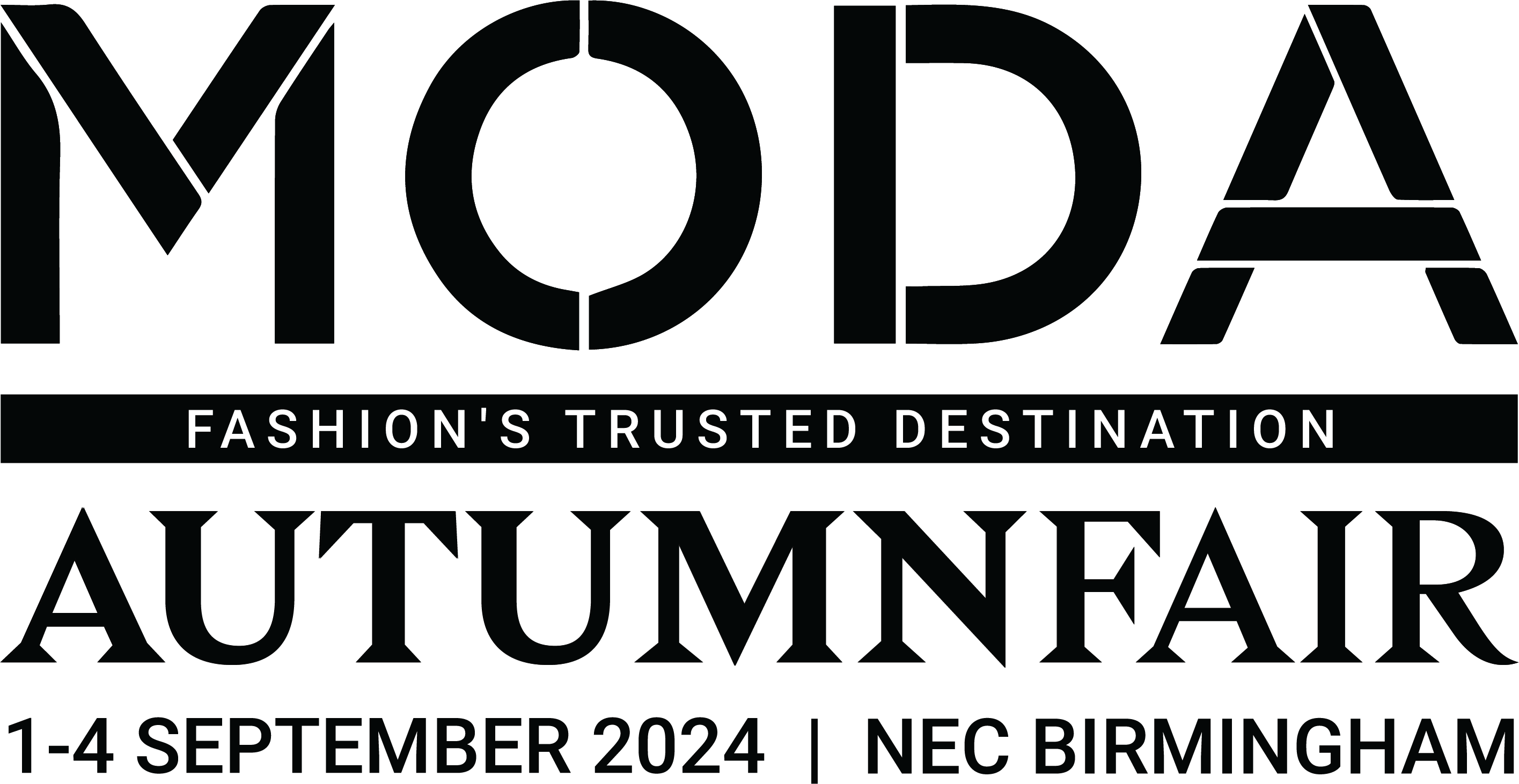Business after Brexit: exporting to the EU
)
In our last blog post, ResilienceHelp.com gave you a quick rundown of all the things you need to consider with respect to maintaining your supply chain after the transition period ends on 31 December 2020. As of 1 January 2021, the UK will become a third country for the purpose of trade with the EU and the UK and EU legal systems will become entirely separate. This has implications for your business particularly if you export to the EU and wish to continue doing so.
At the time of writing, with 30 days to go until all of these changes go into effect, the possibility of a trade agreement is still uncertain. Deal or no deal, the starting point is to get ready for customs formalities at the border with additional paperwork, and if there’s no deal, for tariffs to pay.
Mutual recognition of things like technical assessments of product standards, or product labelling agreements will end. The onus will be on you as the seller to check every regulation around your business and the products you sell to find out whether you need separate licences or certificates for the EU market. If you don’t own the IP for your products, you may need to obtain product certifications, licenses and / or permissions from relevant Intellectual Property owners in order to keep selling.
Every regulation (for example advertising rules or consumer rights) around your business and the products you sell will need to be checked to find out whether you need separate licences or certificates for the EU market. You may want to contract a consultant who can help you do this.
You’ll need to onboard with a customs broker and shipper able to ship your goods to the EU.
Ensure you have proof of your official business / seller names, business registration documents, and photo identification to hand to help with your discussion with customs brokers. You will require an UK EORI number - Economic Operator Registration and Identification (issued by your tax office), a clear understanding of your HS codes (8-digit commodity codes) and compliance with EU product rules. Your importer in the EU needs an EU EORI number.
Many businesses have migrated to e-selling in order to adapt to COVID-19. The business case makes sense but if you use a platform like Amazon, you will need to split your business to keep selling in the EU and find somewhere to electronically domicile your business in the EU particularly if you plan to continue using Amazon’s FBA services. You need to be aware that they will no longer move stock from the UK to the EU for you, and you’ll need to think about how you deal with customer returns in the EU as well. You will have to adapt your supply chain, splitting orders so that you minimize the costs incurred crossing borders.
With so little time left, every day counts and even with the Christmas rush happening, your preparation really can’t wait any longer. Find out how ResilienceHelp.com can support you here.
About ResilienceHelp.com
ResilienceHelp.com are a business resilience consultancy. We offer businesses one-2-one advisory services as well as bespoke open registration classes on a variety of Brexit related topics including online selling (Amazon), and EU trade and regulations. We also work with a variety of public sector clients providing EU Exit training to SMEs on behalf of Local Authorities and Growth Hubs and local Economic Development offices. Last year we provided Brexit preparation support to 1,500 businesses in London through the London Growth Hub.
Discover more Brexit guidance here:






